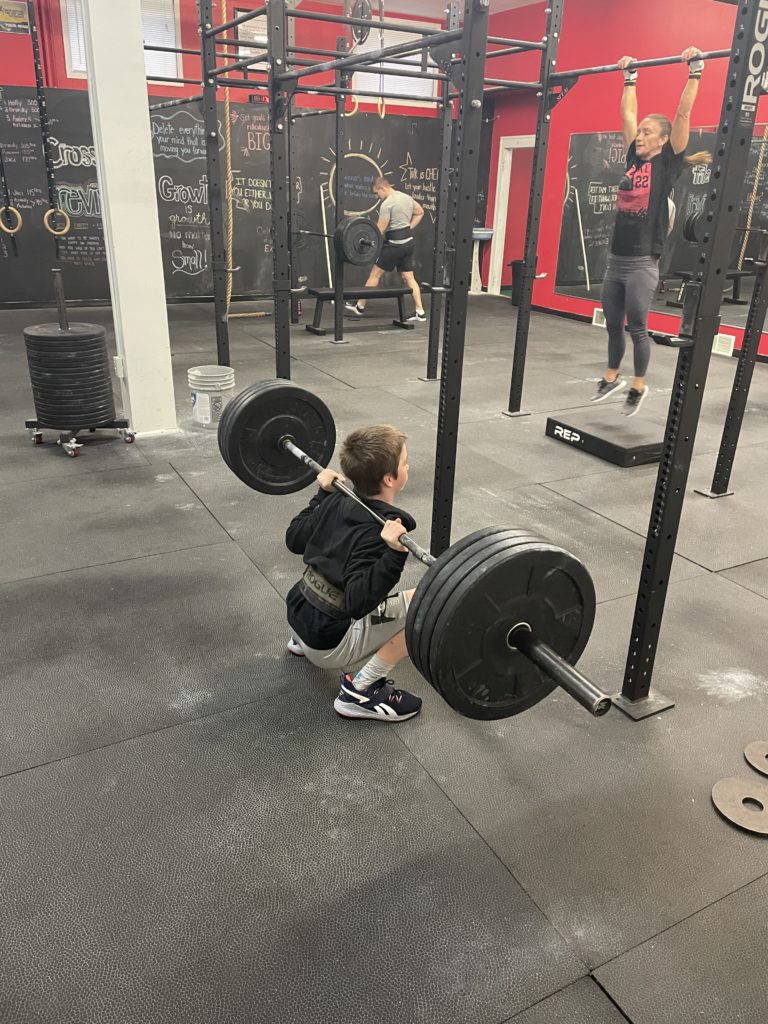
Many people know they should stretch—but they don’t know exactly why. As a result, stretching is often neglected. But there are a host of reasons why stretching is a great practice. We’ll go over them below. \
First and foremost, stretching improves flexibility—the ability of a joint to move through a full range of motion without pain. Short, tight muscles restrict the movement of joints, which can cause pain, reduce mobility, and limit athletic performance. Think about the overhead squat, which requires many joints to go through a large range of motion with an object held overhead. Tight muscles around the ankles, knees, hips, shoulders, elbows, and wrists can limit joint movement and throw the whole system out of whack.
This is why so many people struggle with the overhead squat and other movements that require flexibility. Stretching can help preserve or improve flexibility and it also allows you to build strength across a joint’s full range of motion. For example, if very tight muscles prevent you from squatting to depth, you might struggle to rise if you sit in a very low chair. But if increased flexibility allows you to train the full range of motion, you’ll have more strength to rise from a low seat.
In other cases, a lack of flexibility can prevent you from getting into “safe” or mechanically sound positions. For example, it’s common for people to hurt their backs when lifting boxes because they can’t get their joints into optimal positions to lift. But if their muscles allowed them to set up properly, their backs would be just fine (a coach can teach you how to lift!).
With these examples in mind, you can imagine how tight muscles will affect balance as the joints struggle to get where they need to go. Going back to the squat, imagine one hip is very tight and the other is not. This imbalance can cause shifting, unequal loading and loss of balance. When pairs of joints have equal and full ranges of motion, the body can work naturally, and balance and coordination improve.
When you think of tight muscles and restricted joints, you probably think of tension, stress, discomfort, and even injury. All these things are common. For some, short muscles restrict movement and cause significant pain. The situation often becomes worse when the inflexible person moves abruptly by accident and the muscles aren’t prepared for it. Imagine what happens when such a person trips and suddenly has to move quickly to break the fall. Or what if that person engages in a fitness or sports activity without warming up and has to react or move into a certain position with speed?
Want to learn more or work with a coach to help you? Book your FREE Intro today!!!
